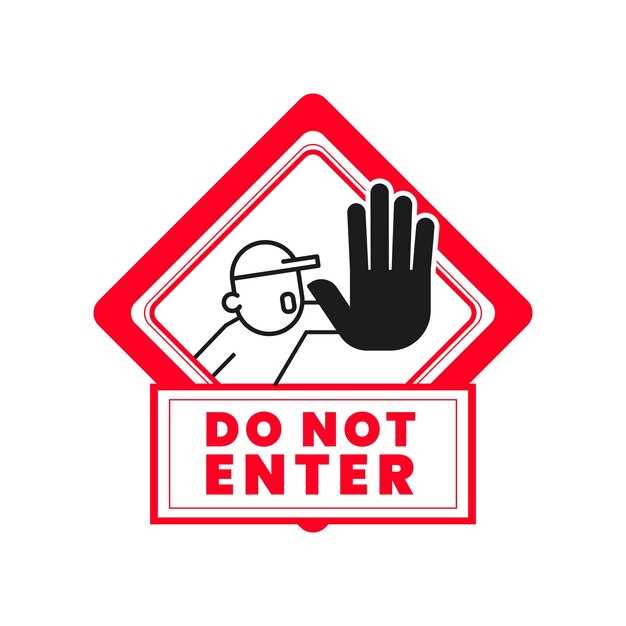
Maintaining a vehicle is essential for ensuring its longevity and reliability. Regular auto service not only keeps your car running smoothly but also prevents costly repairs down the line. Recognizing the early signs that your vehicle needs attention can save you time, money, and stress in the long run.
There are several indicators to watch for that suggest your vehicle may require servicing soon. Unusual sounds, such as grinding, squeaking, or knocking noises, can signal potential issues with your car’s components. Additionally, dashboard warning lights should never be ignored, as they often provide a direct indication of underlying problems that need immediate attention.
Other critical signs include changes in vehicle performance, such as sluggish acceleration or difficulty steering. Furthermore, noticing any changes in your car’s braking system, like squealing brakes or a spongy pedal, requires prompt attention to ensure your safety on the road. Understanding these signs will arm you with the knowledge necessary to keep your vehicle in top shape.
Unusual Noises While Driving
Unusual noises emanating from your vehicle can be a clear indicator that maintenance is needed. If you hear any strange sounds while driving, it’s essential to pay attention and investigate further. Different types of noises often point to specific issues.
For instance, a high-pitched squealing noise may suggest that your brake pads are worn and in need of replacement. Conversely, a grinding sound can indicate significant wear on the brake system, which requires immediate attention to avoid costly repairs.
If you notice a knocking or rattling noise, it could stem from a loose or damaged component in the engine or suspension. This could potentially affect your vehicle’s handling and overall safety. Similarly, a clunking noise when shifting gears may indicate problems with the transmission, which warrant urgent inspection.
Additionally, hissing or bubbling sounds could be signs of overheating. This may suggest that your cooling system is failing, leading to severe engine damage if not addressed promptly. Moreover, if you hear a faint whistle or whoosh while driving, it might be related to a vacuum leak in the engine, affecting performance and fuel efficiency.
It’s crucial to take any unusual noises seriously. Ignoring these signs may lead to more extensive damage and higher repair costs. When you notice abnormal sounds, consider seeking professional auto service to diagnose and resolve the issue before it escalates.
Warning Lights on the Dashboard

One of the most direct indicators that your vehicle needs attention is the appearance of warning lights on the dashboard. These indicators are designed to alert you to potential issues that require immediate investigation or service.
Check Engine Light: This light signifies a range of issues, from minor problems like a loose gas cap to more serious concerns such as engine misfires or catalytic converter malfunctions. Ignoring it can lead to severe engine damage.
Oil Pressure Light: When this light illuminates, it signifies that your engine oil pressure is too low. This may result from insufficient oil levels, a failing oil pump, or a clogged oil filter. Prolonged driving under these conditions can cause engine failure.
Battery Warning Light: This indicator points to potential issues with your vehicle’s electrical system, typically involving the battery or alternator. If the light remains illuminated during operation, your vehicle may lose power or fail to start.
Brake Warning Light: This light could indicate various problems, from low brake fluid to more serious malfunctions in the brake system. Immediate attention is crucial, as brake issues can lead to dangerous driving conditions.
Tire Pressure Monitoring System (TPMS) Light: When illuminated, this light signals that one or more of your tires are under-inflated. Proper tire pressure is essential for safety and can also impact fuel efficiency. Regular monitoring is advised.
Always refer to your vehicle’s owner manual for specific meanings associated with each warning light. If any light activates, prioritize contacting a qualified service technician to diagnose and rectify the issue to avoid potential hazards and costly repairs.
Declining Fuel Efficiency

One of the most apparent signs that your vehicle requires attention is a notable drop in fuel efficiency. If you find yourself making more frequent stops at the gas station without any change in driving habits, it may indicate underlying issues that need to be addressed.
Several factors can contribute to decreasing fuel efficiency. A clogged air filter can restrict airflow to the engine, causing it to work harder and consume more fuel. Additionally, worn spark plugs can lead to incomplete combustion, which wastes fuel and lowers mileage. Regular check-ups can help identify these issues and keep your engine running smoothly.
Tires that are not properly inflated can also impact fuel economy. Under-inflated tires create more friction on the road, making the engine exert extra effort while accelerating. Regularly checking tire pressure and tread depth is vital for both safety and efficiency.
Lastly, fuel quality can influence performance. Contaminated or poor-quality fuel can result in reduced efficiency. Ensure that you are refueling at reputable stations and consider using fuel system cleaners periodically to maintain optimal performance.




